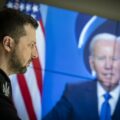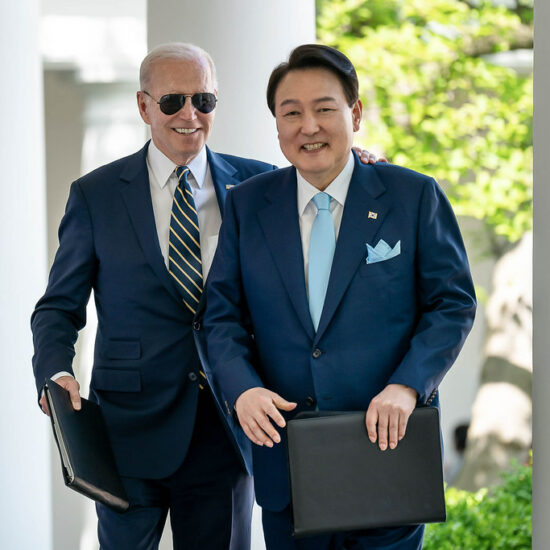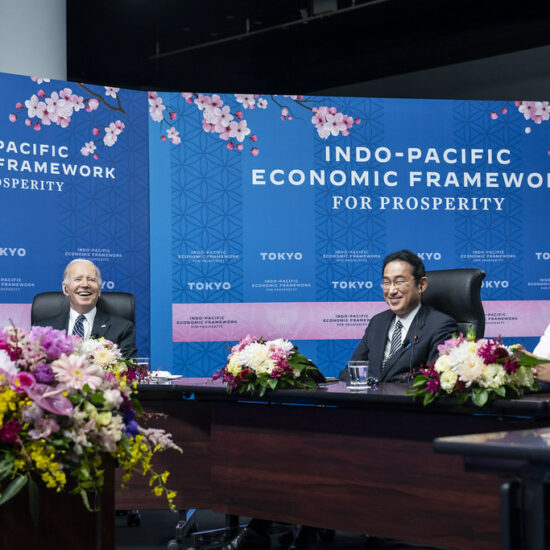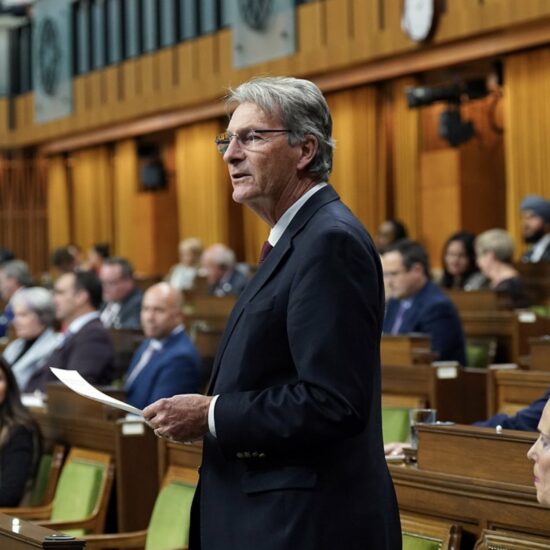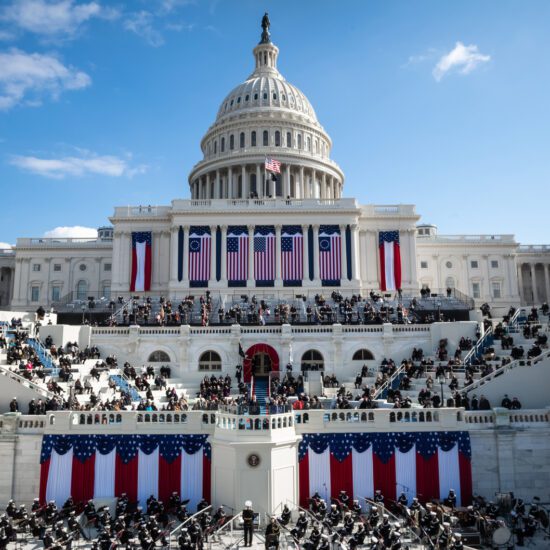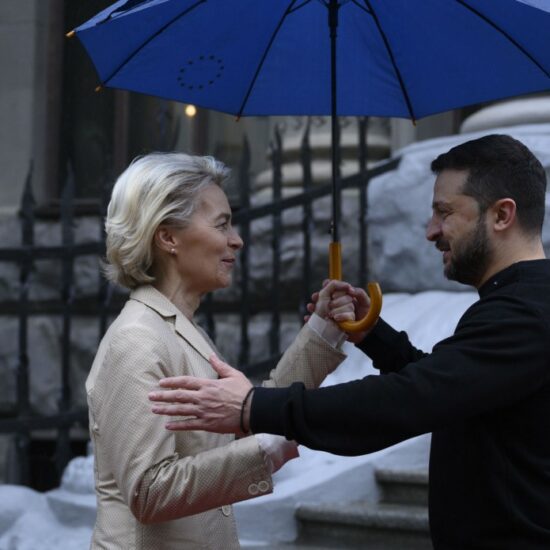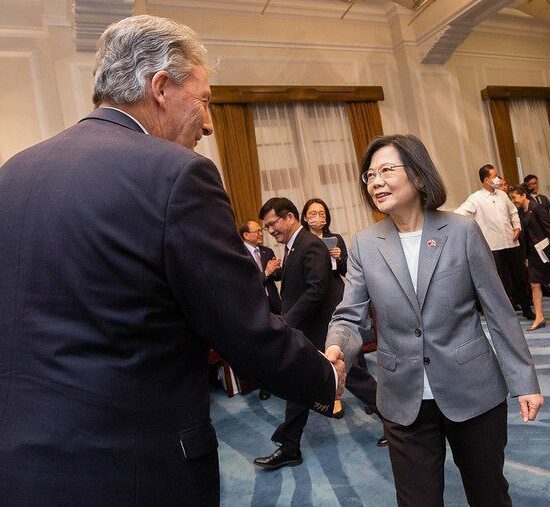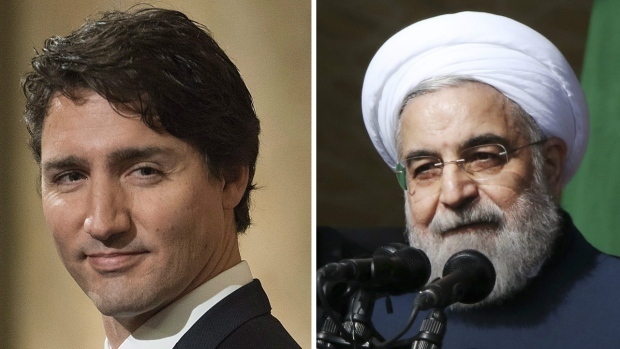
By Younes Zangiabadi
This article was originally published on Huffington Post.
Last week, Homa Hoodfar, Iranian-Canadian professor was released after being held for three months in Iran. Her release just came following an unofficial meeting between Mohammad Javad Zarif, Iran’s Minister of Foreign Affairs and his Canadian counterpart, Stephane Dion on the sidelines of the annual UN General Assembly in New York.
Earlier this year, Zarif and John Kerry, the Secretary of State also reached a deal leading to the release of the Washington Post correspondent, Jason Rezaian and three other Iranian-Americans. In a similar manner, both countries were able to reach to some forms of deals without official diplomatic relation with the Islamic Republic. But how?
It is called back-channel negotiations (BCNs). It could be between two parties of a dispute as it was the case between the U.S and Iran but it usually involves more than two parties. For instance, in the case of Hoodfar, there were other intermediaries including Oman, Italy, and Switzerland involved to settle the dispute between Canada and Iran.
With no Canadian embassy in Iran, Canada has no option but to rely on other countries to pursue BCNs with Iran as a way to protect the interests of its citizens. In Hoodfar’s case, BCNs resulted in success for Canada. However, it is important to note that BCN’s success strongly depends on the internal politics of the parties to the conflict and the timing of it as well.
Since the Harper government’s closing of Canada’s embassy in Iran in 2012, Iran and Canada both experienced political shifts within their countries. In Iran, Hassan Rouhani, a moderate cleric won the presidential election (2013) replacing the ultra-conservative Mahmoud Ahmadinejad. Whereas in Canada, it was only last year when Justin Trudeau, liberal leader defeated the conservative leader, Stephen Harper and became the new Prime Minister of Canada.
The timing of these political changes were not the best for Iran-Canada relations as the internal politics of one party, namely Harper’s government entirely prevented BCNs between two countries. Moreover, internal spoilers such as the Israeli lobby and Mujahedin- e Khalq (MEK) were given strong positions to the extent that even the assistance of a trusted intermediary like Oman couldn’t help initiate BCNs between two nations.
Now, timing seems to be right with President Rouhani and Prime Minister Trudeau both in power. Indeed, the very first outcome of this timing was the meeting between the Foreign Ministers of two countries in years, which led to release and return of Hoodfar to Canada.
It is about time that Canada takes a few steps further and officially re-establish diplomatic relations with Iran. Canada has to realize that BCNs are temporary and ineffective approach to represent and pursue its interests in Iran, especially if it is fully dependent on other countries.
Having diplomatic relations would not only better facilitate issues of Canadian citizens in Iran but also brings great business opportunities for Canada. Since Iran’s nuclear deal (2015), many of Canada’s main trading partners have already started doing business with Iran.
For instance, China and Iran have mapped out a plan to promote bilateral relations up to $600 billion over the next 10 years. Italy signed $20 billion deal with Iran in energy cooperation and scheme to renovate Tehran’s airport. Japan is investing $10 billion in Iran’s petroleum sector.
The US and Iran, known as sworn enemies also signed a landmark Boeing deal, allowing Iran to buy more than 100 civil aircraft estimated to be worth around $25 billion. Likewise, France and Iran signed a $25 billion Airbus contract which provides Iran with 118 aircraft for its civil aviation sector. Meanwhile, Canada’s unilateral sanctions against Iran prevented Bombardier, Canadian aerospace company to even place bids on any deals with Iran’s aviation sector.
Economic aside, Iran’s political influence extends across the Middle East from Damascus and Beirut all the way to Baghdad and Kabul. Iran is at the forefront war against Daesh (ISIL), a war that Canada is involved in through an international coalition as well.
Also, we see world powers coming to understanding that it is not isolation nor exclusion of Iran but inclusion and cooperation with Iran that serves their interests in the region. For instance, Iran was invited to talks in Vienna as part of the solution to the Syrian Crisis. Moreover, John Kerry recently admitted Iran’s presence has been helpful to push back Daesh in Iraq.
Undoubtedly, there is great desire to re-engage with Iran. Just over the past year, Great Britain restored full diplomatic relations with Iran; Italy and France both hosted President Rouhani in their capitals, and countries such as China, India, South Korea, Switzerland, and Italy sent their heads of state to visit Iran.
Clearly, Canada has fallen behind its allies both economically and politically. As examples shown above, Canada’s allies are either signing contracts or meeting directly with Iranian authorities while Canada still heavily depends on the same allies to pursue BNCs with Iran.
With President Rouhani’s first term coming to an end in 8 months, Trudeau’s government needs to use the remaining time in its advantage and take the initial steps to directly negotiate reopening of embassies with Iran. This way, Canada can depend on its own diplomatic channels other than back-channel negotiations of others to pursue its national interests in Iran.

